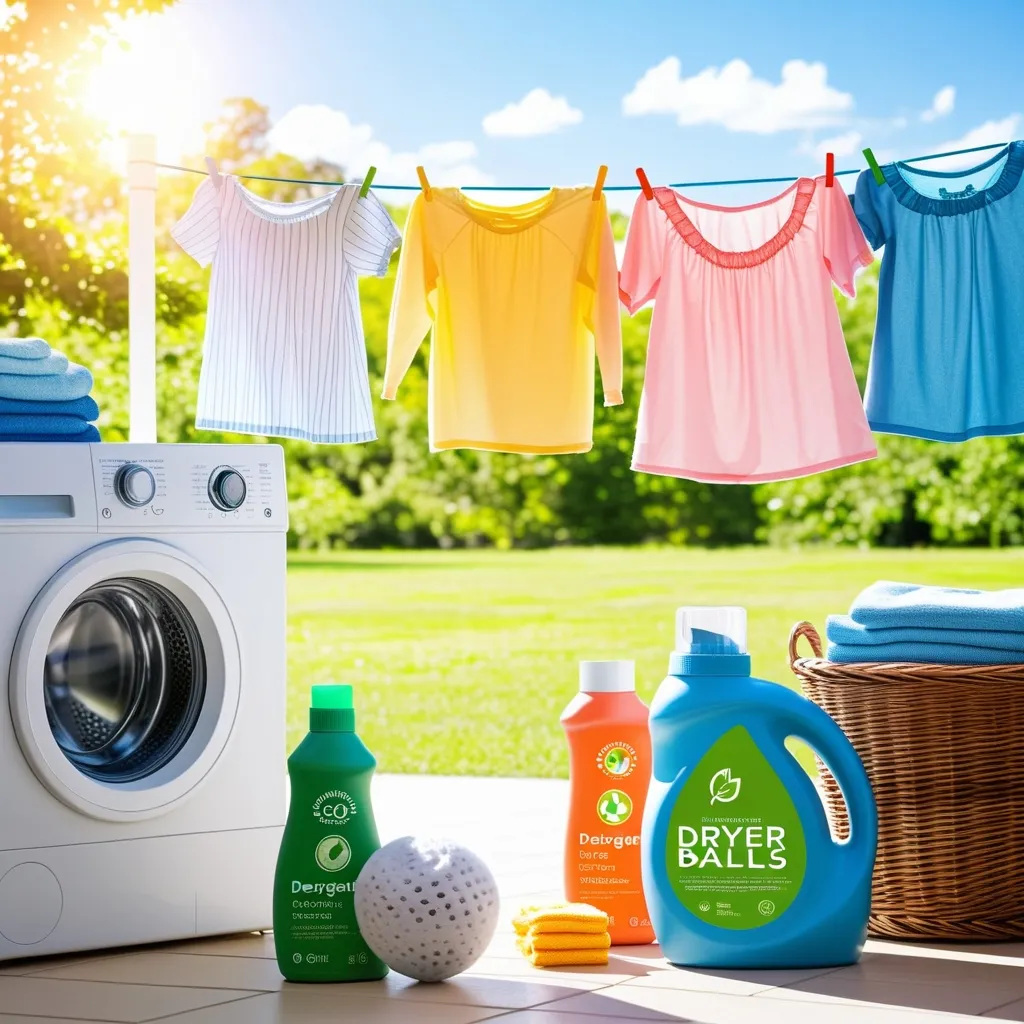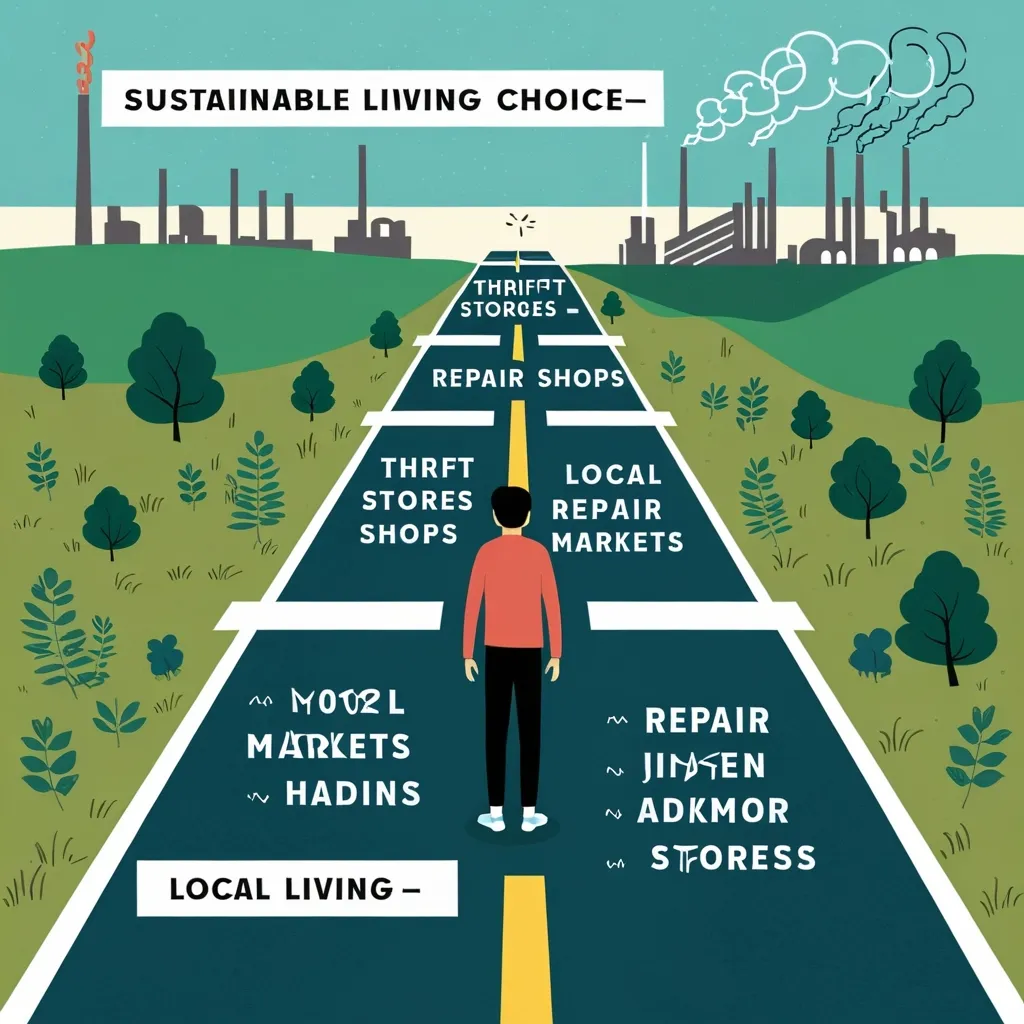Let’s chat about laundry. It’s one of those unavoidable chores we all have to tackle, but what we often don’t realize is just how big of an environmental footprint it can leave. Doing laundry the traditional way tends to use up hefty amounts of water and energy, but with a few nifty tweaks, you can ace your laundry game and be kinder to the planet. Here’s how to get started.
First off, let’s talk about the water temperature. Washing your clothes in cold water is a game-changer. Believe it or not, up to 90% of the energy your washing machine uses goes into heating the water. Crazy, right? By making the switch to cold water, you’re not only saving energy but also cutting back on your electricity bills. Plus, your clothes will thank you because cold water is much gentler, making them last longer. So, if you’re washing four out of every five loads in cold water, you could be saving a whopping 864 pounds of CO2 annually.
Next up, choose your detergent wisely. There are plenty of eco-friendly laundry detergents out there tailored for cold water washes. These detergents are made with natural ingredients that don’t pollute our waterways or harm aquatic life. Brands like Tide Coldwater Clean are superb at getting your clothes squeaky clean even at lower temperatures. Concentrated detergents like Seventh Generation Free & Clear and Method 8X Laundry Detergent are also fantastic, as they reduce the need for multiple rinses, saving both water and energy.
If your old washing machine is chugging along, consider upgrading to a high-efficiency (HE) washer. These bad boys use up to 66% less water and spin clothes faster, meaning less time (and energy) needed in the dryer. When browsing for a new washer, keep an eye out for the Energy Star label – it’s your guarantee for energy savings.
Let’s get into the nitty-gritty of washing machine settings. Always aim to run full loads whenever possible. Washing machines typically use the same amount of energy regardless of load size, so waiting till you have a full load can save a bunch of energy. And the drain and spin cycle? Total lifesaver. It removes excess water, cutting down dryer time.
Speaking of dryers, why not try air drying? Hanging your clothes outside on a clothesline or using a drying rack indoors saves a ton of energy and slashes your utility bills. Plus, there’s nothing like the fresh smell of air-dried laundry. Even if you can’t air dry everything, doing it for some items can make a huge difference.
Maintaining your laundry appliances is key to better performance and energy efficiency. Always clean out the dryer lint trap before each cycle to ensure better airflow and safety. Regular maintenance keeps everything running smoothly and extends the life of your machines.
For those times you absolutely must use the dryer, look for features designed to save energy. Dryers with advanced moisture sensors automatically shut off when your clothes are dry, preventing over-drying and saving energy. An eco-mode option is another great feature; it uses a longer, lower temperature cycle to conserve energy.
Ever thought about wearing your clothes more than once before tossing them in the laundry? If they’re not stained or smelly, give them an extra wear. It might feel odd at first, but you’d be surprised how much water and energy you can save by reducing your laundry frequency.
Switch out dryer sheets for dryer balls. They reduce static and wrinkles in your clothes and can be reused many times. Dryer balls are an easy, eco-friendly swap that’s also cost-effective.
Sometimes, life gets busy, and you might not have time for laundry. Professional laundry services can be a sustainable option as they often use specialized machines that optimize the amount of water and chemicals used.
When you’re done with your laundry products, don’t forget to recycle the packaging. Many detergents now come in bottles made from recycled materials, like Tide bottles, which use at least 25% post-consumer recycled plastic. Recycling these products helps reduce waste and promotes a circular economy.
Starting to incorporate these eco-friendly laundry practices isn’t hard. It’s about being more mindful of your habits and the products you use. By making simple adjustments, like using cold water, choosing eco-friendly detergents, and maintaining your appliances, you’re not only saving money but also playing a part in protecting the environment.
So next time laundry day rolls around, remember that a few small changes can make a huge difference. Your wallet will thank you, and so will the planet. Happy washing!






